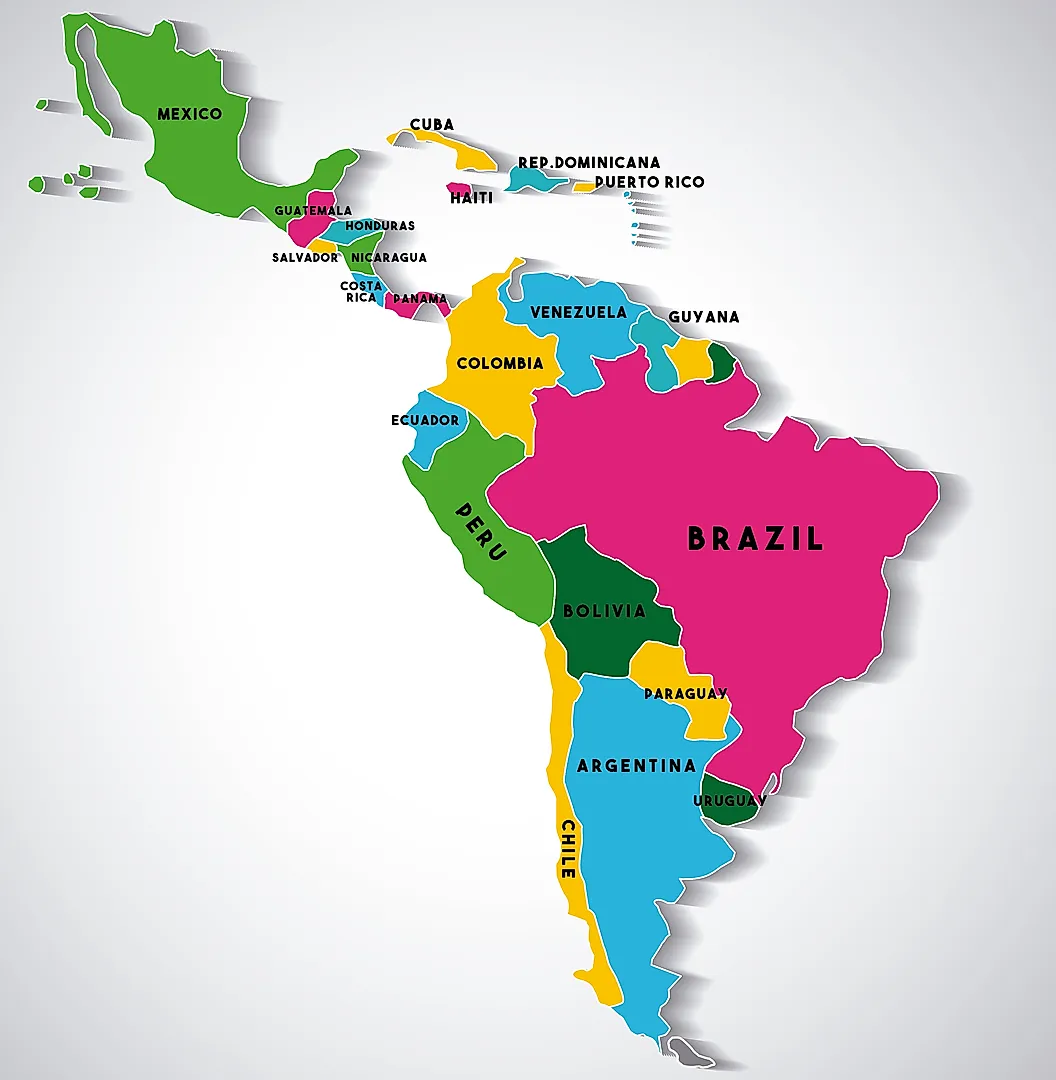Markets had a euphoric reaction on Monday to Argentina’s mid-term election results, with the peso, bonds and stocks all strengthening. Yet, while some analysts foresee more international investment, others believe the government should implement more reforms to normalize the economy.
On Sunday, President Javier Milei’s La Libertad Avanza (LLA) got the most votes in Argentina’s 2025 midterm elections, with almost 41% of the vote, a landslide victory for the government. The percentage means LLA will comfortably surpass the third of the Lower House seats needed to defend presidential vetoes.
After weeks of tension, the peso-to-dollar exchange rates, Argentina’s most famous indicator of economic health, plunged by up to 7%. The official wholesaler rate dropped by 3.8% to AR$1,435, the informal “blue” rate by 4% to AR$1,465, while the MEP and blue chip swap financial rates fell by 7% each to AR$1,440.8 and AR$1,459.5, respectively.
During the weeks ahead of the election, the peso selloff was so worrying that the US Treasury intervened directly in the foreign exchange market.
Diego Martinez Burzaco, Country Manager at the Galicia Bank’s Inviu electronic investment platform, said in a statement that Monday was “a historic day for Argentine stocks, with gains of up to 48%” on Wall Street.
“Banks and energy saw sustained gains throughout the day, leading the shift in expectations,” he said, adding that hard dollar sovereign bonds also traded strongly, with gains of up to 24.2% in dollars on the AE38.
The EMBI or country risk index, which measures the likelihood of a debt default, plummeted to 652 basis points, the lowest level since June 2, local media reported.
“The unexpected election result, coupled with a conciliatory and consensus-seeking speech by the President, has raised expectations among economic agents for greater medium-term predictability, including structural reforms, beyond the easing of short-term tensions,” Martínez Burzaco added.
A report by the 1816 consulting firm, published before markets opened on Monday, was titled “The markets will be a party.”
“It is such a shocking result that it completely changes 100% of the political (and, therefore, economic) analyses made in the last two months,” the report said, adding that the election reflects that the population “seems to show that when there are chances of a resurgence of Kirchnerism, it changes its behavior to curb that possibility.”
Pablo Repetto, head of research at broker Aurum Valores, said that the government should “probably send stronger signals in this week’s bond auction, trying to find lower positive real rates.”
However, he was cautious about the use of the word “party.” “In terms of how the market was last week compared with today, it’s a party, of course,” he said. “In terms of how the year is going, it’s a recovery.”
He added that there’s room for improvement as long as the government does things “much better than they have so far,” which would include “improving monetary and exchange rate policy so that there is less volatility, especially in interest rates, ensuring that structural reforms are passed by consensus, giving the exchange market a little more freedom and having the Central Bank buy reserves.”
More investments could enter the country due to the results, market sources said. Mariano Mayer, president of the Argentine Association of Private Equity, Venture Capital, and Seed Capital (ARCAP), a non-profit association promoting the private equity industry in Argentina, said that while some investors were “satisfied with what has been done so far and the Large Investment Incentive Regime (RIGI, by its Spanish initials),” others were waiting for election results to “take the final step.”
Investors, Mayer told the Herald, are advocating for tax and labor reforms, which the new Congress could favor.
“Several investors are suggesting that the election result is like a milestone or an important factor,” Mayer said. Those making medium or long-term investments hope for “legal certainty, macroeconomic stability, transparency, and lifting exchange restrictions,” he said, and “are enthusiastic, exploring opportunities, consulting, but to finalize them, as with any long investment process, they were waiting for some further validation.”
He added that the key sectors in Argentina that are attracting, or are poised to attract, significant investment are biotechnology, energy, mining, and agroindustry, among others.




